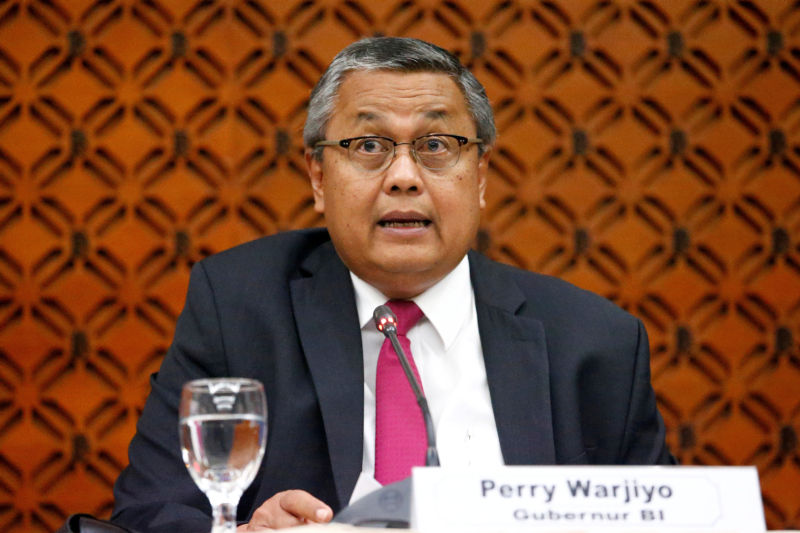Central banks in Indonesia and the Philippines on Thursday left their benchmark rates untouched as both Southeast Asian economies sought to recover from the coronavirus pandemic amid uncertainty around the new Omicron variant.
Bangko Sentral ng Pilipinas kept its key rate at 2% on Thursday, while Bank Indonesia left the seven-day reverse repurchase rate at 3.5%, where it has been since February. The decisions were expected by economists polled by Reuters.
Bank Indonesia said maintaining key rates would support the country’s recovery.
“This decision is in line with the need to maintain stability in the exchange rate and financial system, amidst the low inflation forecast and efforts to support economic growth,” the bank said in a statement, adding it would help keep the rupiah stable.
Central bank governor Perry Warjiyo reiterated the bank’s plan to shift its monetary stance to stability rather than growth.
Bank Indonesia has cut rates by a total of 150 basis points since the pandemic started and pumped billions of dollars of liquidity into financial markets.
Global Market Uncertainty
Warjiyo also flagged global market uncertainty from the spread of the Omicron coronavirus variant and the pace of the US Federal Reserve’s tapering.
“Once the initial boost from reopening is over, growth will inevitably start to slow,” Gareth Leather, a senior Asia economist at Capital Economics, said of Indonesia.
“While it is still too early to say for sure what Omicron means for the economy, it does pose a significant downside risk to the outlook given Indonesia’s low vaccination rate.”
In the Philippines, the central bank said in a statement that economic growth “now appears to be on firmer ground”, supported by the government’s accelerated vaccination programme and “calibrated relaxation of quarantine protocols”.
Analysts expect the central bank will look to keep monetary policy supportive. “Falling inflation means it has the room to keep interest rates low,” Leather said.
“The good news is that following an easing of restrictions and a sharp fall in virus cases, the Philippines’ economy seems to be rebounding strongly,” he added.
- Reuters, with George Russell
READ MORE:
Indonesia Seeks Indian Defence Technology: ET
New Economy: Rapid Growth in Southeast Asia’s Online Sector
Philippine Officials Pursue Japanese Investment
























